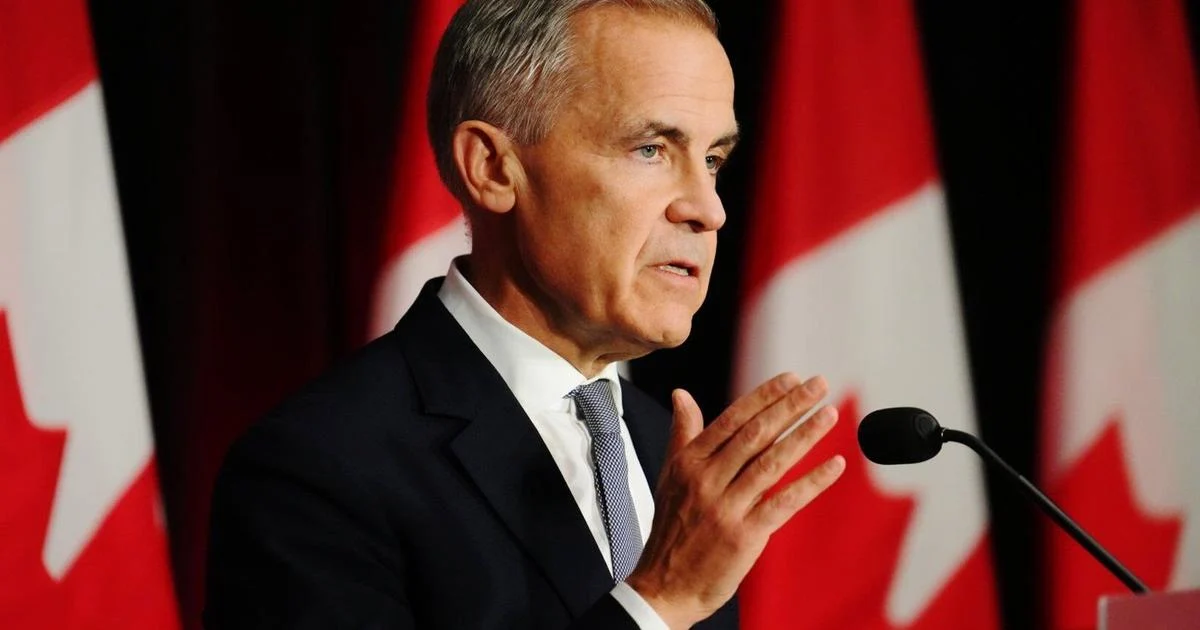Copyright thestar

Despite massive government spending during the Second World War, the postwar era was nevertheless a golden age of prosperity, during which many roads, seaways, hospitals and universities were built. In the 1990s, by contrast, discretionary fiscal retrenchment under Prime Minister Paul Martin led to a sharp economic retraction, with cuts to provinces and caps on housing programs that trouble us still today. Mainstream economists tend to fixate on deficit containment, yet they seem oblivious to the 1.6 million Canadians who are unable to find work. If the private sector isn’t hiring, the federal government should spend sufficiently to create more jobs. Failing that, we’ll be left with massive production losses and great human suffering. John Maynard Keynes’s alternative was simple: “Look after unemployment, and the budget will look after itself.” Larry Kazdan, Vancouver “To be clear, we won’t transform our economy easily or in a few months — it will take some sacrifices and some time”: ah, yes, Prime Minister Mark Carney’s favourite refrain, “to be clear,” which he tends to use right before being anything but clear. He has said many times that there will be some sacrifices in the budget, but he always fails to specify who will be burdened with making those sacrifices, and for how long. Catharina Summers, Kingston, ON In speaking about the forthcoming federal budget, Carney said that Canadians would have to endure some sacrifices. When will it stop? Will Carney and the rest of the legislative crowd have to sacrifice anything, take a pay cut, forgo certain perks, reduce taxpayer-funded travel? You know who makes sacrifices? Our military service members, whom we honour this month. Our health workers, who are often paid considerably less than their American counterparts. Our firefighters, some of whom are volunteers. These and many other Canadians already sacrifice so much. Steven Kaszab, Bradford, ON



